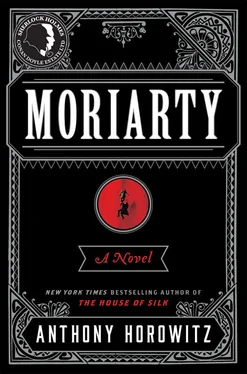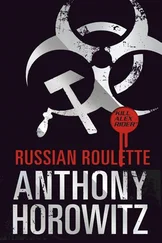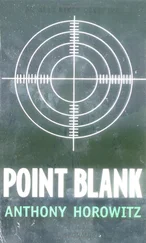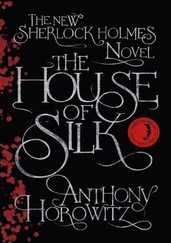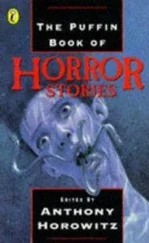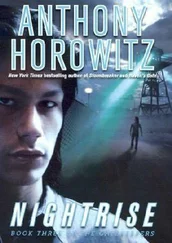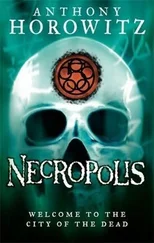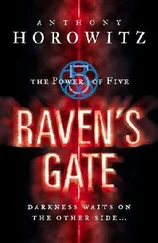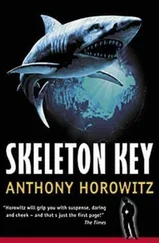If Athelney Jones had thought about it for one moment, it would have been extremely unlikely that Clarence Devereux would write a formal letter inviting Professor James Moriarty to a meeting. Word of mouth would have been safer—and why go to the trouble of inventing such a peculiar code? He might also have asked why Moriarty should have felt compelled to carry the letter with him all the way to Switzerland, why he had bothered sewing it into his jacket. It was all extremely unlikely, but it was the first of a series of clues that I was laying for the British police, to draw them into my scheme.
From the moment I met Inspector Jones, I knew that providence, which had for so long turned against me, was finally on my side. It would have been impossible for Scotland Yard to have chosen a better representative for the task I had in mind. Jones was so brilliant in so many ways, so obtuse in others, so trusting, so naïve. When his wife told me his story, his strange obsession with Sherlock Holmes, I could hardly believe my luck. To the very end he was completely malleable—and that was his misfortune. He was as much a puppet in my hands as the toy policeman he had purchased for his daughter on the way home.
Take that first meeting in the police station at Meiringen. He picked up every clue that I had deliberately laid out for whatever detective might arrive: the Pinkerton’s watch (purchased, in fact, from a pawnbroker in Shoreditch), the false American accent, the waistcoat, the newspaper brought from Southampton and prominently displayed, the labels on my case. As to the rest of it, he was hopelessly wrong. I had cut myself shaving in the poor light of a Paris hotel, not on a transatlantic crossing. The clothes I was wearing had been purchased deliberately for the masquerade and did not in fact belong to me, so the smell of cigarettes and the worn-out sleeve were completely irrelevant. But he made his deductions and I was suitably impressed. For him to believe in me, I had to make him think that I believed in him.
I told him about the letter and urged him on until he examined the chef’s body for a second time and found it. Using an extract from A Study in Scarlet was perhaps over-theatrical but at the time it amused me and I thought it might distract from the other improbabilities I have already described. I was impressed by the speed with which Jones deciphered the letter—of course I would have been ready to help had he not been up to the task—but in fact the code had been constructed in a way that made it fairly simple to crack: the quite unnecessary insertion of the word MORIARTY made the process straightforward.
And so to the Café Royal. It was as if I had set out a series of stepping stones—the letter, the meeting, Bladeston House—each one leading to the next, and it was my task only to make the necessary connections. Perry arrived, dressed as a telegraph boy and pretending to be an emissary of Clarence Devereux. We acted out a scene that we had already rehearsed and he hurried out, but not too quickly, allowing Jones to follow. The bright blue jacket was quite deliberate, by the way. It ensured that Perry did not get lost in the crowd. For the same reason, he sat on the roof of the omnibus to Highgate rather than inside it. He did not enter Bladeston House. At the last moment, he hurried round the back, stripped off his blue jacket and lay on it, concealed behind a nearby shrub. Having lost sight of him, Jones assumed he must have gone in through the garden gate. Why would he have done otherwise?
Scotchy Lavelle would never have invited me into his home but the following day, confronted by a detective from Scotland Yard, he had no choice. We got past the manservant, Clayton, and met with Lavelle himself and though the two of us, Jones and I, seemed to have a common purpose, in fact we were diametrically opposed. He was enquiring about crimes of the recent past. I was preparing a crime that would take place in the immediate future. For, being inside Bladeston House, I was able to take stock of its defences.
‘Want to nosey around, do you?’ Lavelle asked.
I most certainly did. It was I who insisted on visiting the kitchen and continued from there down to the garden gate. I needed to see the metal hasp. Again, how fortunate to be a mathematician with a precise eye for measurements. I made a mental image of the position of the second lock so I would know where to drill when I returned. And once again, I played fair with you, my reader. I stated that I was the first to re-enter the kitchen and that I was briefly alone. What I failed to mention was that it gave me time to slip a strong opiate into the curry that would be served for dinner. Everything was now set for the next stage of my plan.
I returned just after eleven o’clock with Perry, who loved this sort of adventure. We picked the lock and drilled through the gate, then Perry climbed up to the second floor. Jones was right about that. We made no noise but we were reasonably confident that we would not be disturbed. Perry let me in through the kitchen door—I had told him where he would find the key—and then we set to work.
I am not proud of what took place that night. I am not a monster, but circumstances had compelled me to do monstrous things. First we silenced Clayton, the kitchen boy, the cook and the American mistress of Scotchy Lavelle. Why did they have to die? Simply because, had they been interrogated the following day, they would all have sworn that the telegraph boy never entered the house and, with nothing to lose, they might have been believed. If so, the entire scheme would have unravelled and I could not afford to take the chance. Perry committed three of the murders and I rather fear that he enjoyed them. I myself smothered Henrietta and then carried Lavelle downstairs, still deeply asleep. I tied him to a chair and woke him with cold water. Then I inflicted a great deal of pain on him. It was a disagreeable business but at that stage I did not know where Clarence Devereux could be found. Nor did I know what he was planning. To give him his due, Lavelle was courageous and resisted for quite some time, but no man can withstand the torment of a smashed knee when it is manipulated and from him I learned of the robbery that was about to take place in Chancery Lane. Lavelle also told me that Devereux was to be found in the American legation, but he did so with a certain bravado, for in his mind his master was out of my reach. I could not break into the legation and Devereux never emerged. I saw at once that, with his agoraphobia, my enemy was a true snail within a shell. How could I possibly winkle him out?
I let Perry cut Lavelle’s throat—give the boy a treat—and we left together. But first I wrote the entry in the diary for Jones to find the next day: HORNER 13. Just in case the clue was not obvious enough, I placed a bar of shaving soap in the same drawer; an odd item for a man to have in his desk, you might think, but I hoped it would put Jones in mind of barber’s shops. I also left the invitation to the party at the American legation somewhere he would see it.
The horrible murders at Bladeston House were enough to galvanise Scotland Yard into action. With all the single-minded determination that I had come to recognise in the British police, they decided to set up a meeting and talk about it. Even so, I was pleased when Jones told me that I was to be included. My one great concern was that Jones, or one of his colleagues, would decide to contact the Pinkerton Agency in New York, in which event I would be exposed at once as a fraud. It was for this reason that I asked about the telegraph room. It would take days to send a message abroad and perhaps days for the reply but that still left me with a sense of unease and little enough time to bring my plans to fruition. Then, when Inspector Lestrade insisted on contacting the agency personally, I decided I would have to take action. Before I left the building, I knew exactly what I had to do.
Читать дальше
